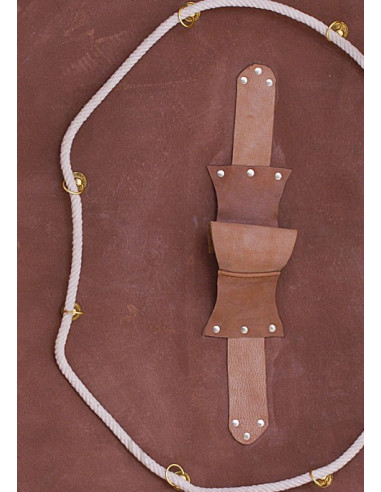

My thesis here was that non-Greeks had round shields, long spear and armour and no doubt formed shield walls but did not form the classic "hoplite" (in its modern usage) phalanx. However, there are documented finds of bronze shields at phoenecian archeologic sites so it seems at least some of the round shields were bronze faced (likewise Etruscan burial site shows bronze faced shield Having looked around since at polybius and livy I find Carthaginian marines described as having " rimless shields" and Carthaginians having "round shields painted white" no mention of bronze. I took the idea that Carthaginians had wooden shields, not bronze ones from a poster on RomanArmyTalk who seemed to be quoting latest interpretation. Here is an original Greek Argive shield - now looks the same to me, I thought they were different! Also a round greek looking shield - Actually now I look at this it is an Argive shield. Here is an etruscan warrior from 430-400BCĮtruscan shield from burial site, clearly has a porpaxĪlso a Roman or Latin warrior from 4th Century BC. Which begs the question how many other cultures had men "armed in the Greek manner" but actually fighting in a slightly different way. He mentions Samnites and here is an interesting Samnite warrior who looks like a hoplite and has a round shield but it is too small to be an Argive shield (EDIT - on second look I think the handle is offset and the sculptor has taken liberties with the size of the shield - otherwise the arm would have fallen off the statue). Mainly, that a modern writer uses the term hoplite to mean a Greek citizen with Argive shield and armed with Dory and sword, however an ancient writer may have meant "a guy in armour" You can see this in several Greek vases, a few examples:Ĭharerg articulates quite well the concerns behind my thinking. It's worth noting that the early hoplites carried two spears into battle, one of which was thrown and the other used in melee. There probably were other groups as well (the Carthaginians, I guess, perhaps also Illyrians and various Anatolian peoples) who adopted Greek equipment and tactics. The equpment was certainly utilized by the Samnites and other Italian peoples, though I'm not sure if they fully adopted the hoplite tactics. Both the Etruscans and the Romans had hoplite armies during classical antiquity, and probably other Italian city states employed hoplites to a greater or lesser extent. The later Greek writers referred to Roman legionaries as hoplites, to give an example.Īs for the question, the answer is yes. The term "hoplite" did not actually have a social meaning, it was simply used as a generic term for "heavy infantry". Perhaps in some context hoplon could refer to the shield, but this was not generally the case.

The term for the shield was aspis, or at least this is the terminology that all the ancient writers I've read used. I think it's fairly accurate to call early Roman soldiers hoplites, due to living in a society very similar to the Greeks, but you'd call their social classes as they are, Hastati, Triarii and so on.Īctually, "hoplite" comes from hopla, which can be translated as "arms", more or less, as in hoplite=armed man. I was under the impression Carthaginians had men with shields and spears, who fought like Greek Hoplites, but due to living in a different society, they were not a social class of hoplites. The fact that Hoplite has a social and a military term confuses the issue. Or even just a solid wall of shields, but it has implications that you should consider. Phalanx does work as a generic term for pikemen or shield and spear. Kind-of right, but it conjures up the wrong imagery.

Calling medieval Sergeants armed with spears Hoplites though, is like calling swordsmen Legionaries or Hastati. Hoplite comes from the generic term for a shield "hoplon." But their specific shield was called an Aspis. Hoplite is a specific term for the social class in Greece and the class fought as Hoplites, the military term. Calling non-Greeks hoplites is slightly wrong though. Using a shield and spear together is not something anyone had a monopoly on.


 0 kommentar(er)
0 kommentar(er)
